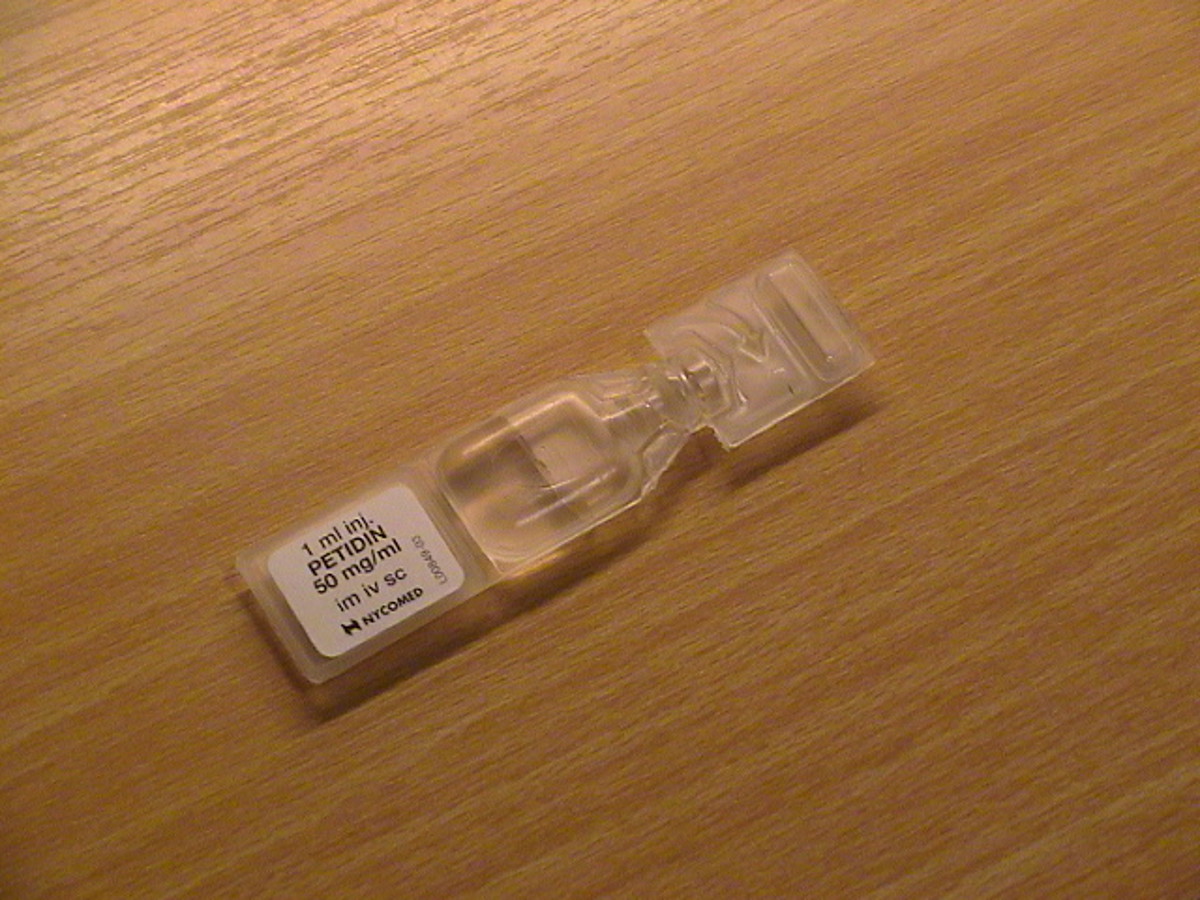Drugs tampering
- Safety Flash
- Published on 1 January 2002
- Generated on 30 June 2025
- IMCA SF 01/02
- 1 minute read
Jump to:
A Member has reported that drugs kept on board were found to have been tampered with.
What happened?
The drug was either morphine or pethidine and was kept in a plastic ampoule. Someone used a small needle, inserted into the top cap of the ampoule (below the imprinted ‘twist arrow’). After either all or some of the drug had been removed, any shortfall was replaced with a clear liquid – the levels of tampered and non-tampered were the same. The hole was then covered with what looked like clear modellers glue.

Recommendations
Members may need to re-consider their own security arrangements. Wherever drugs are kept on board vessels or installations, security is paramount. Apart from serious concern over drugs going astray, the dangers of this sort of tampering are evident. It highlights that, at an inventory check, personnel need to give the ampoules more than just a cursory glance. Despite whatever security is in place, this incident underlines the extreme importance of carefully checking any medical supplies before use, especially drugs.
IMCA Safety Flashes summarise key safety matters and incidents, allowing lessons to be more easily learnt for the benefit of the entire offshore industry.
The effectiveness of the IMCA Safety Flash system depends on the industry sharing information and so avoiding repeat incidents. Incidents are classified according to IOGP's Life Saving Rules.
All information is anonymised or sanitised, as appropriate, and warnings for graphic content included where possible.
IMCA makes every effort to ensure both the accuracy and reliability of the information shared, but is not be liable for any guidance and/or recommendation and/or statement herein contained.
The information contained in this document does not fulfil or replace any individual's or Member's legal, regulatory or other duties or obligations in respect of their operations. Individuals and Members remain solely responsible for the safe, lawful and proper conduct of their operations.
Share your safety incidents with IMCA online. Sign-up to receive Safety Flashes straight to your email.